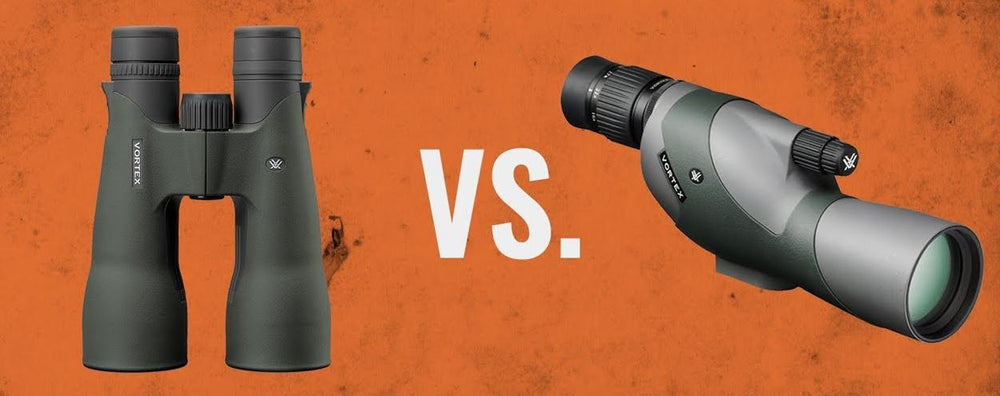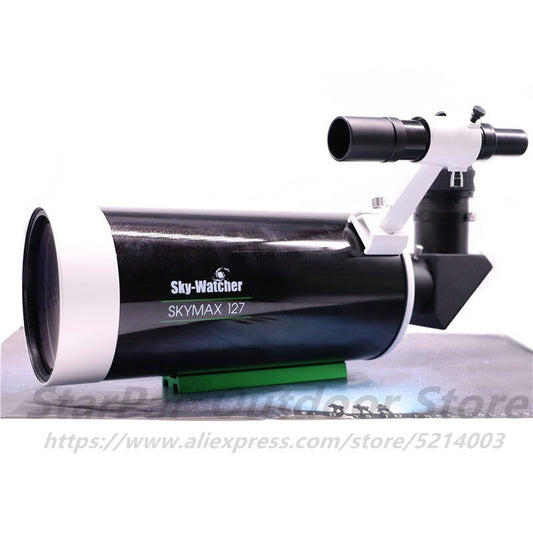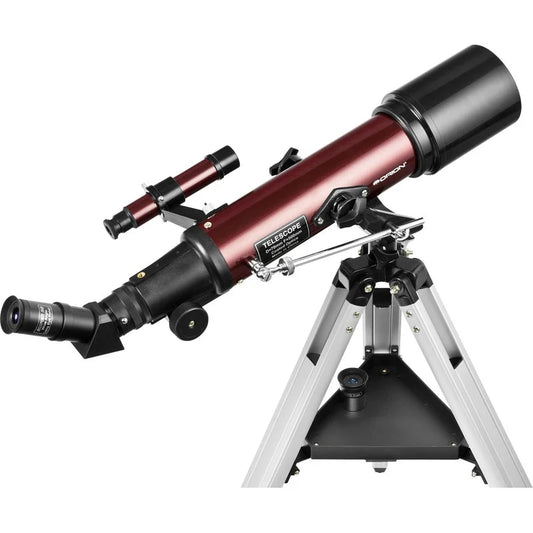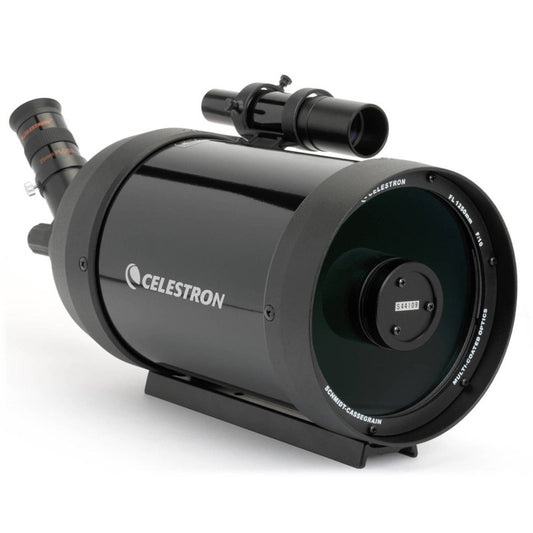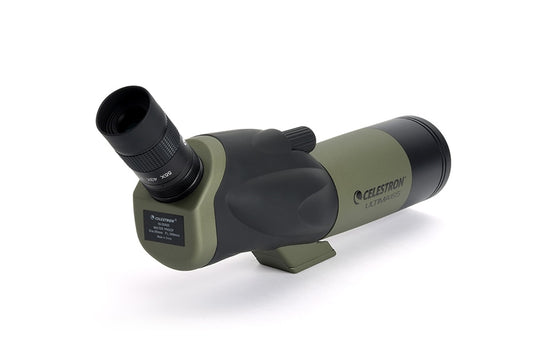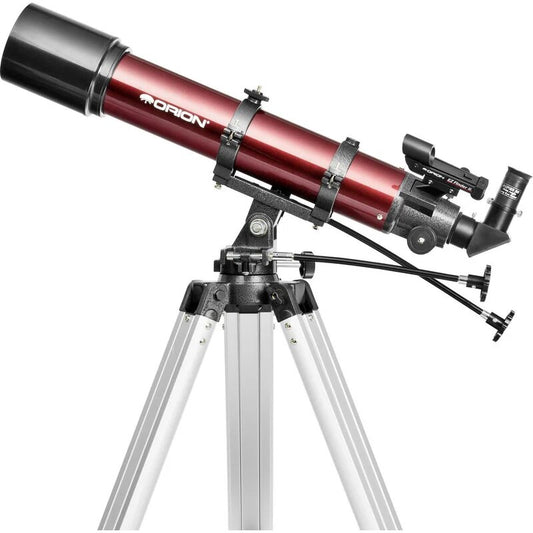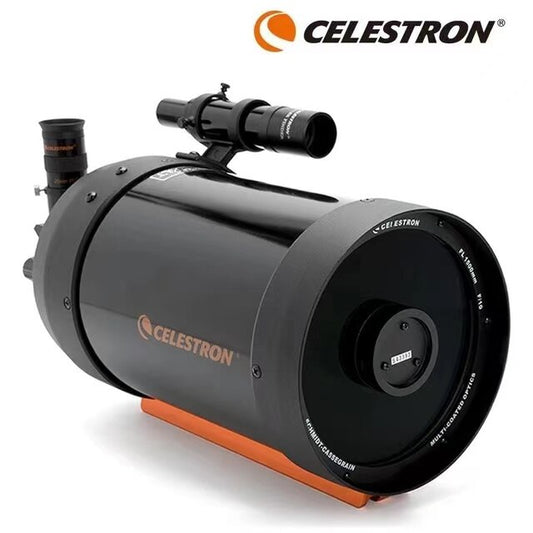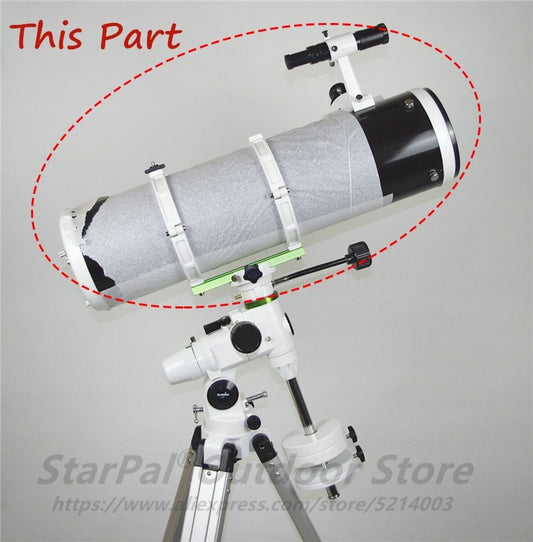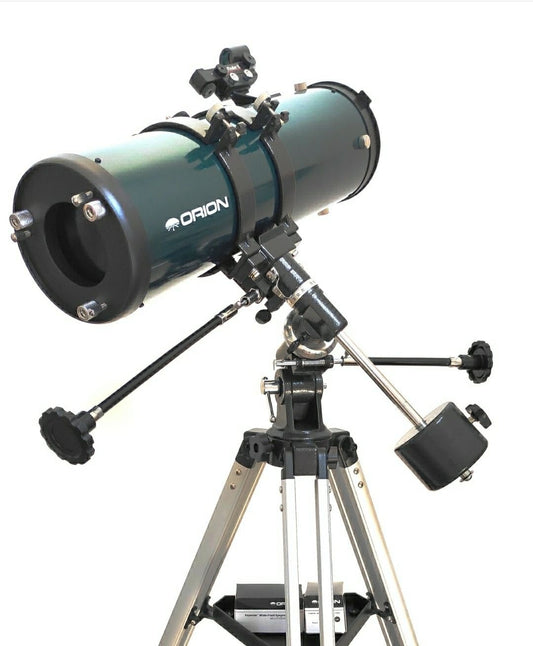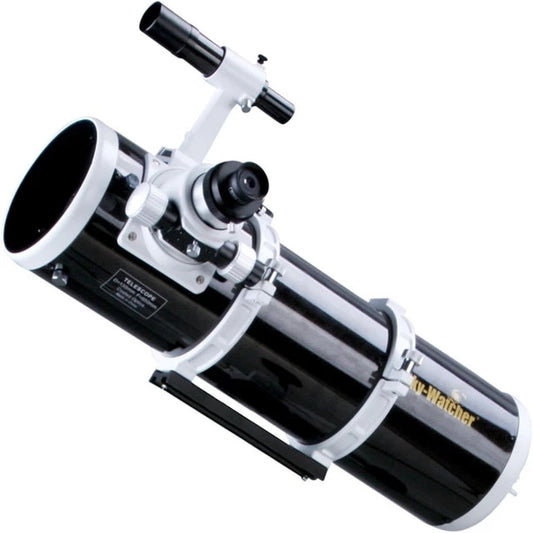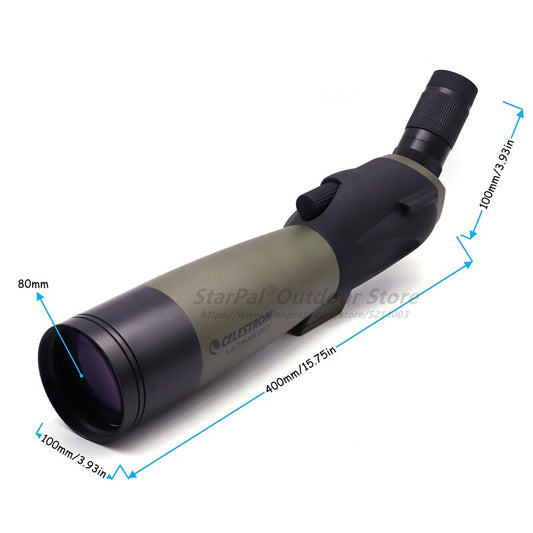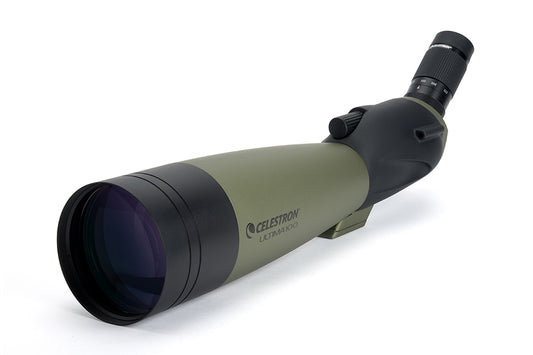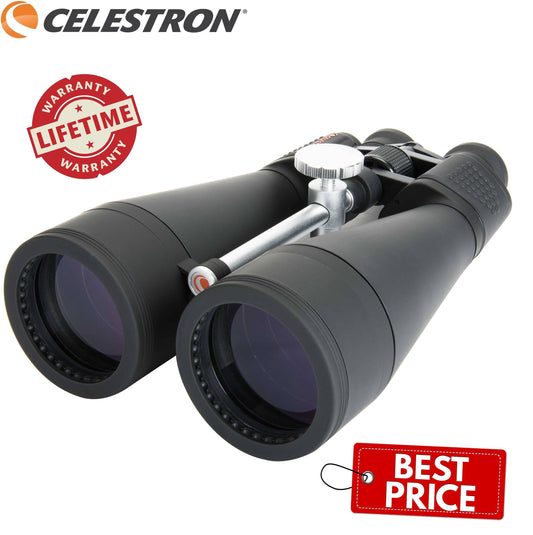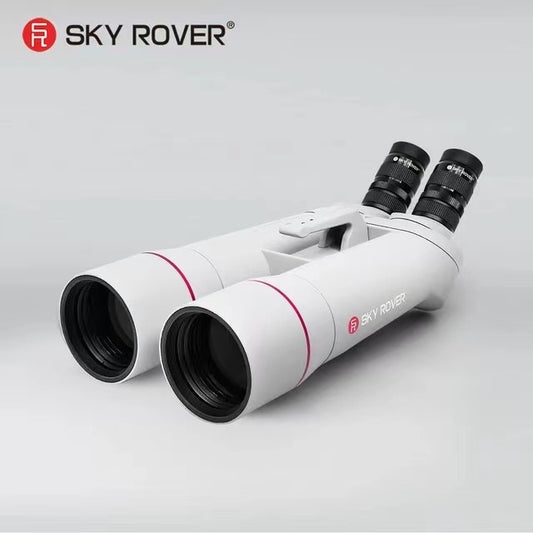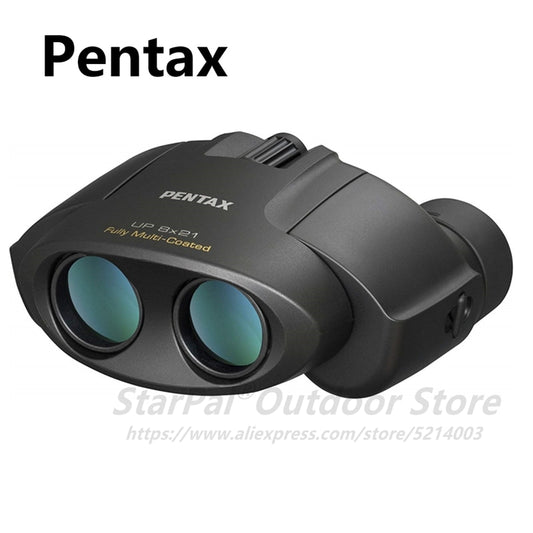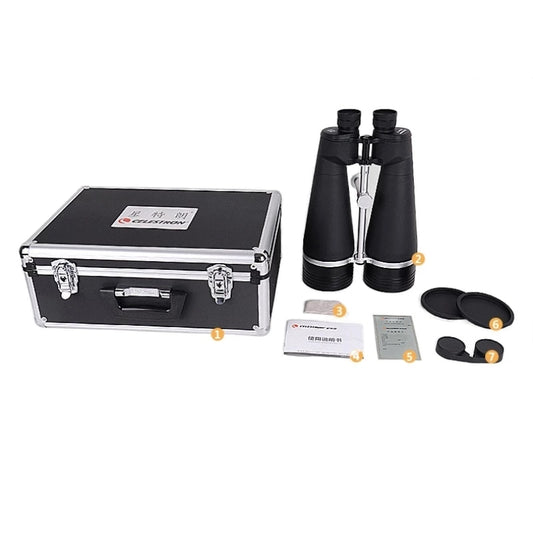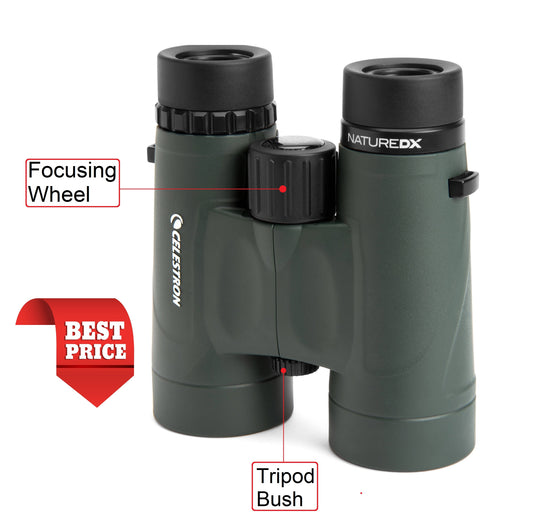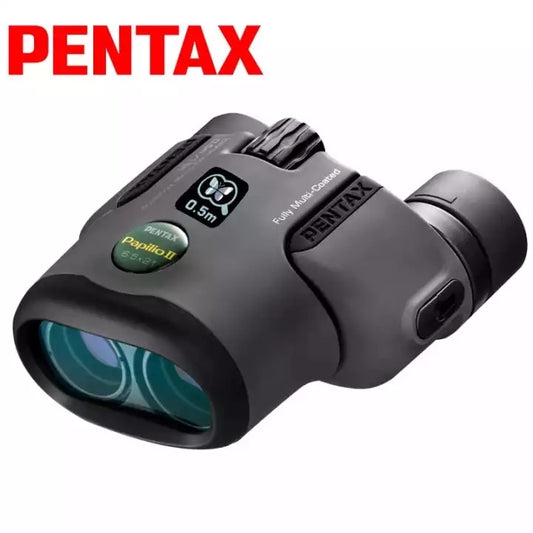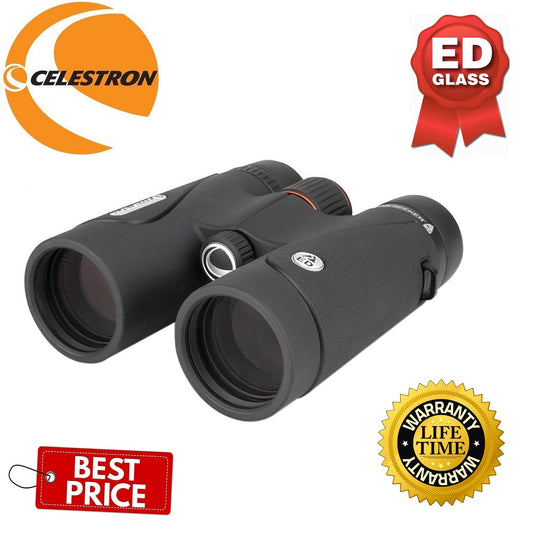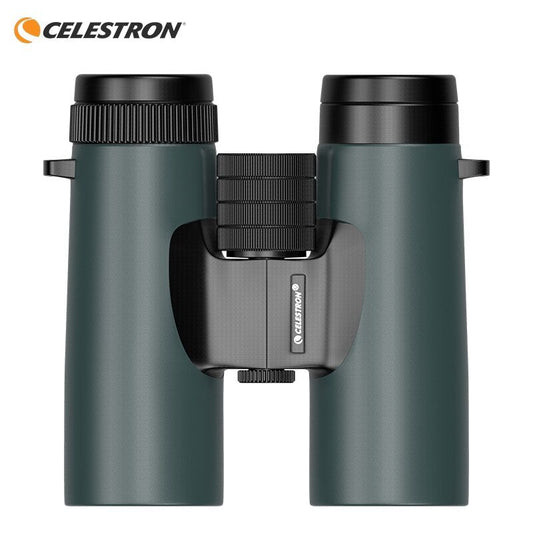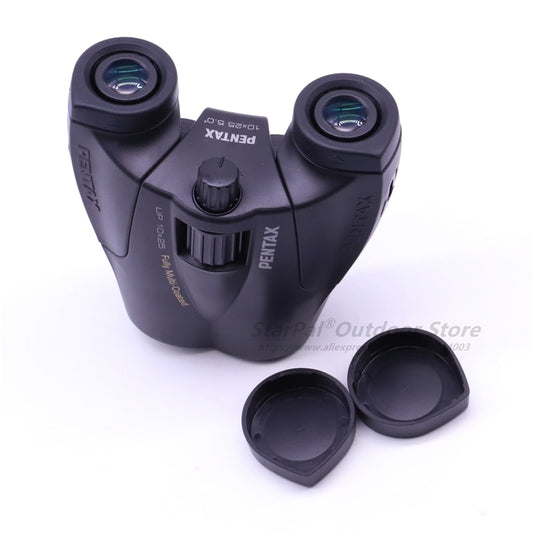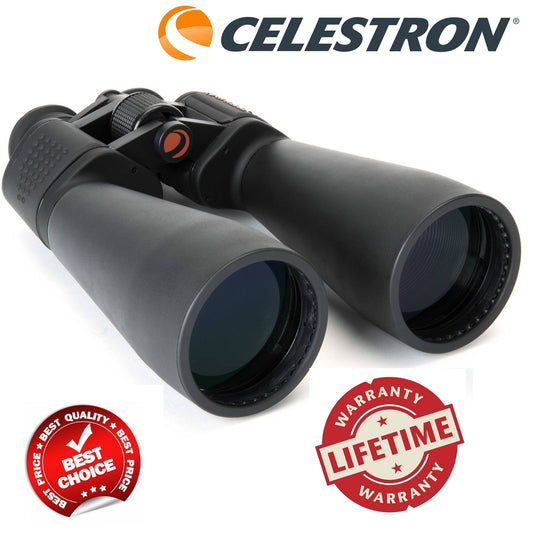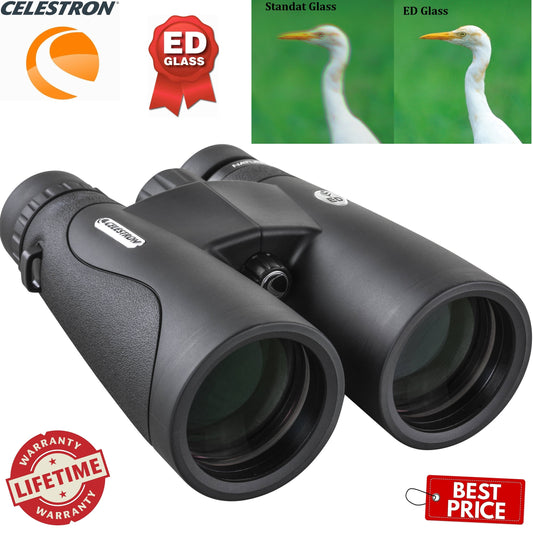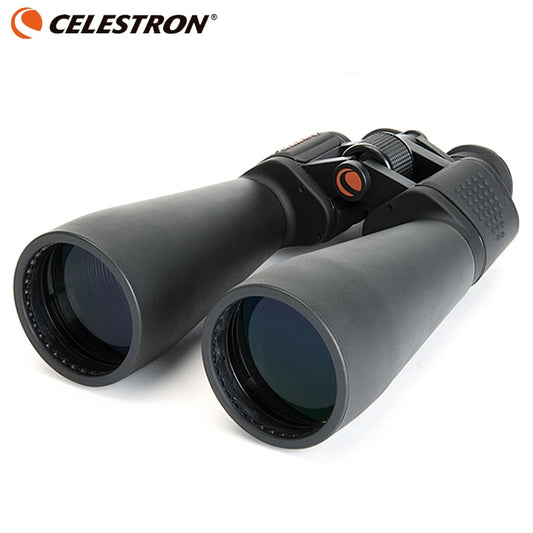Binocular vs Spotting Scope for Astronomy: Choosing the Best Option for Your Stargazing Needs
When it comes to stargazing, having the right equipment can make all the difference in your viewing experience. Binoculars and spotting scopes are two popular options for astronomy enthusiasts, each with their own advantages and disadvantages. In this blog post, we will explore the differences between binoculars and spotting scopes for astronomy, and help you decide which option is best for your stargazing needs.
Here is a comparison table between binoculars and spotting scopes for astronomy:
Binocular vs Spotting Scope - Astronomy
| Criteria | Binoculars | Spotting Scopes |
|---|---|---|
| Magnification | Typically lower magnification range, such as 7-15x | Higher magnification range, such as 20-60x |
| Objective Lens Diameter | Smaller, usually around 40-50mm | Larger, usually around 60-80mm |
| Field of View | Wider field of view, making them suitable for observing large areas of the sky or sweeping through constellations | Narrower field of view, better for focusing on specific celestial objects |
| Portability | More compact and lightweight, making them easier to transport and hold steady | Heavier and bulkier, may require a tripod or mount for stability |
| Image Quality | Good for observing bright objects, such as the Moon and planets, but not as suitable for dim or distant objects like galaxies or nebulae | Provides clearer and sharper images with more detail, making them suitable for observing a wider variety of celestial objects |
| Cost | Generally less expensive than spotting scopes | More expensive than binoculars, with higher quality scopes costing several hundred to thousands of dollars |
In general, binoculars are a good choice for casual stargazing or observing larger areas of the sky, while spotting scopes are better for more serious astronomy enthusiasts who want to observe specific celestial objects in greater detail. Ultimately, the choice between binoculars and spotting scopes comes down to personal preference and intended use.

Binoculars for Astronomy
Binoculars are a popular choice for astronomy beginners, as they are relatively easy to use and provide a wide field of view. Binoculars typically have two eyepieces, which can provide a three-dimensional view of celestial objects. They also tend to be more portable and lightweight than spotting scopes, making them a good option for stargazing on-the-go.
However, binoculars may not provide the same level of magnification as spotting scopes. They also have smaller objective lenses, which can limit their light-gathering capabilities and therefore, their ability to view dimmer celestial objects. Additionally, binoculars may not have the same level of durability as spotting scopes, which can be a concern for those who plan to use them frequently.
Spotting Scopes for Astronomy
Spotting scopes are another popular option for astronomy enthusiasts. They typically have a single eyepiece and a larger objective lens, which allows for greater magnification and light-gathering capabilities. Spotting scopes can provide a clearer and brighter image of celestial objects, making them ideal for viewing planets, stars, and other objects in detail.
However, spotting scopes tend to be larger and heavier than binoculars, which can make them less portable. They can also be more expensive than binoculars, particularly for those with higher magnification capabilities. Spotting scopes may also require additional equipment, such as a tripod, to stabilize them during use.
Choosing the Best Option for Your Stargazing Needs
When deciding between binoculars and spotting scopes for astronomy, consider your specific stargazing needs and preferences. If you are a beginner or looking for a more portable option, binoculars may be the better choice. However, if you are looking for greater magnification and detail, a spotting scope may be the way to go.
It's also important to consider factors such as budget, portability, and durability when making your decision. Ultimately, the best option for your stargazing needs will depend on a variety of factors, and it may be helpful to try out both binoculars and spotting scopes before making a final decision.

Conclusion
Binoculars and spotting scopes are both popular options for astronomy enthusiasts, each with their own advantages and disadvantages. By understanding the differences between the two and considering your specific stargazing needs, you can choose the best option for your viewing experience. Whether you opt for binoculars or a spotting scope, stargazing is a rewarding hobby that can offer a glimpse into the vast wonders of the universe.
More About Astronomy:
- Urban Astronomy
- Astronomy Definition
- Best Books on Astronomy
- The History of Astronomy
- Famous Astronomers
- Astronomy vs Astrology
- Astronomy Camera Color or Mono

